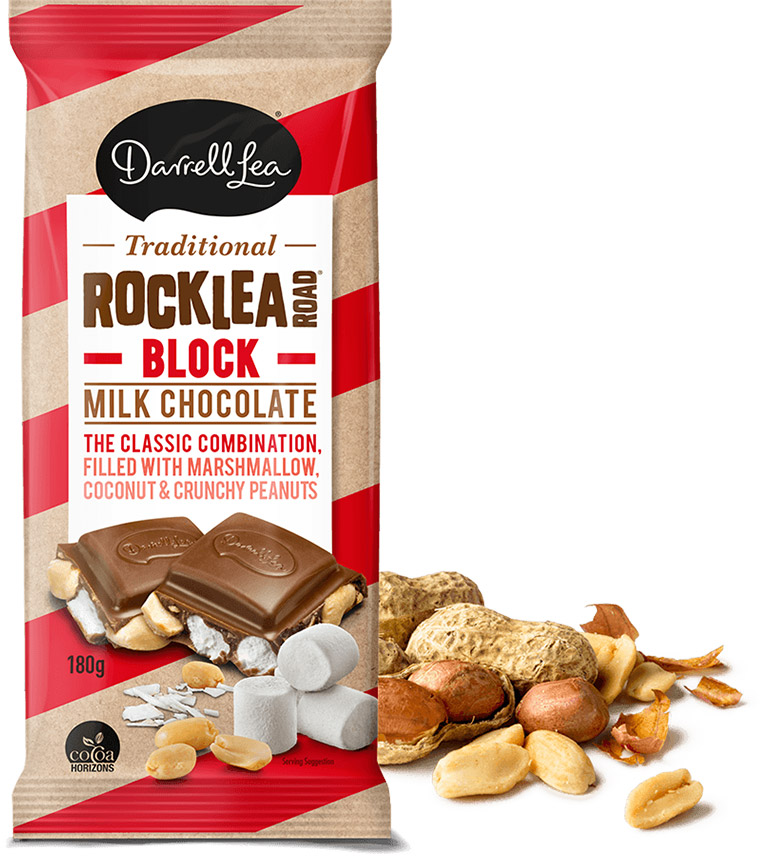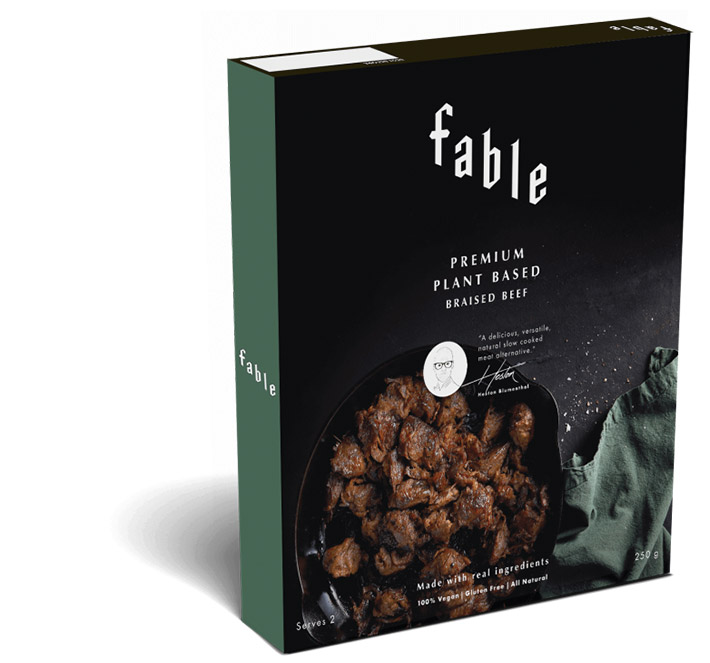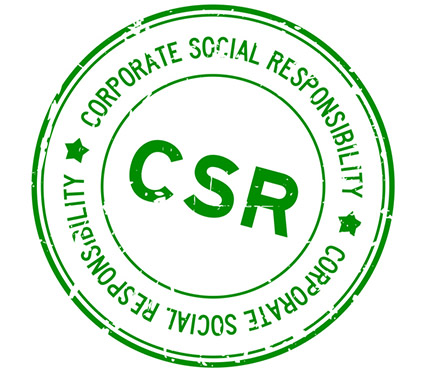Feb 04, 2021 by Mark Dingley
Ethical shoppers are changing the way Australian companies do business. Brands that dedicate themselves to the greater good instead of only their bottom lines are seeing an upsurge in customer loyalty, not to mention greater revenue.
You only need to look at the numbers to see why: research by Salmat and ACRS in 2019 revealed a third of shoppers (34%) are willing to pay more for environmentally friendly products, while 31% admit to not purchasing a product because they don’t like a brand or product’s values, ethics or sustainability practices.
Almost three quarters (72%) of Australian shoppers rank ethical brand behaviour in their top three priorities when it comes to purchasing products.
Unsurprisingly, the environment (57%) is the most important social issue to consumers according to the study, followed by data privacy and security (51%) and locally sourced products (49%).
It means those companies that step up in how they conduct their operations, right the way through their supply chains, and align themselves with their customers’ values are the ones that will win in the coming year.
Take a look at these examples of ethical brands:


Plant-based meat alternative company Fable Food Co. (Fable) launched in December 2019, after successfully raising $1.5 million in funding, yet it’s already making waves on the supermarket shelves.
The product is a mushroom-based meat alternative and made from 62% shiitake mushroom and other wholefoods. What makes it different is how it is minimally processed to meet the brand’s mission to be the cleanest, healthiest and most responsible meat alternative on the market.
Fable is now available in 600 Woolworths locations nationwide, and features on various high-end menus including celebrity chef Heston Blumenthal’s restaurants.
The global manufacturer of brands such as Dove, TRESemme, OMO, Surf, Streets and Continental rose to the top of the ethical brands list during the pandemic when it announced various measures to support global and national efforts to tackle COVID-19.
Unilever announced it would contribute $182 million to help fight the pandemic, which not only included donations of soap, sanitiser, bleach and food, but also boosting the production of these necessities. In Australia and New Zealand, its factories were operating around the clock to help keep shelves stocked with essential food, personal care and cleaning products.
In addition, the manufacturer announced early payment and financial assistance to suppliers to help them survive the upheaval.
Unilever also donated Dove soap to the NSW Department of Education for distribution to schools that were experiencing shortages due to the infamous stockpiling trend. It also provided funding to help Foodbank NSW and ACT employ paid staff when corporate volunteer groups were cancelled.
Chobani is a good example of a brand that has created immense value by focusing on being ethical. The yoghurt producer, which started in 2005, entered a crowded market with nothing different except its “how” and it’s goal to create “nothing but good” for consumers and its supply chain.
So, what is its “how”? Chobani’s ethical actions range from the humane treatment of its cows, to giving each of its employees a stake in the private company, and the fair and respected relationship with its farmers. It’s all about honesty, transparency and – most importantly – authenticity.
In 2018, the company launched the Chobani Incubator program in partnership with Monash University and the Food Innovation Centre (FIC) to help small companies challenge the food industry and make a difference by offering support and mentorship.
As Chobani Chief Marketing and Commercial Officer Peter McGuinness said at NRF 2019: Retail’s Big Show, “Once trust is built in your product, your brand can stand for more than simply what you make.”
“The media doesn’t talk about the yogurt we make but the deeds we’re doing. It’s not enough to have beliefs and values — you have to live them. Putting them into action with powerful programs makes the world a better place and builds a powerful brand.”
It might be 93 years old, but that doesn’t mean Darrell Lea can’t change to meet consumers’ values today. More than two-thirds (68%) of Darrell Lea’s customers said they would change the products they purchase if they knew they contained palm oil. So, it’s good news that Australia’s favourite chocolate and confectionary brand recently announced its move to 100% palm oil-free products.
This was no mean feat – it took the business two years to complete the task of reviewing more than 200 individual ingredients and adapting 100 products.
Darrell Lea marketing director Tim Stanford said: “As a business we wanted to do the right thing. In recent years, our customers have told us that they don’t want palm oil in our products. We listened and we took action finding a great alternative in sunflower oil. It doesn’t affect the taste, look or feel of our products.”
Absolut Vodka has long been one of the most recognisable alcohol brands in the world with memorable ads and an eye-catching bottle. But few people realise that it’s also a leader in sustainability efforts.
The Absolut distillery is carbon neutral certified, and one of the most energy-efficient in the world. The company creatively reuses waste to boast a 1% waste to landfill policy. For example, it uses a protein-rich bi-product from the wheat-based vodka distillation process to feed 290,000 pigs and cows at neighbouring farms in Sweden.
Closer to home, Absolut is working with Australian artists and makers to inspire people to reuse waste in creative ways.
What started off as a couple of chooks for their daughter’s primary school project turned into a new vision for farming the land and country for Paul and Jacqui Righetti.
The couple, who are fourth generation custodians of their farm in Yandoit, Victoria, believe that farming is about making the world a better place. They decided to start egg farming in order to help regenerate the land, build additional income for the local community and improve animal welfare standards by setting new standards for the concept “free range” – with less than 30 chooks per hectare. They were soon joined by more families with the same ethos to create the Honest Eggs collective.
Best of all, they committed to 100% transparency, and encourage consumers to visit the farm and see what they’re all about.
Aligning your company with your consumers’ values is critical for your future success. As you can see from the examples, transparency is at the foundation of every ethical company. You need to be open, authentic and honest about what you do, why and how you do it. This is what consumers are demanding, so pay attention.
